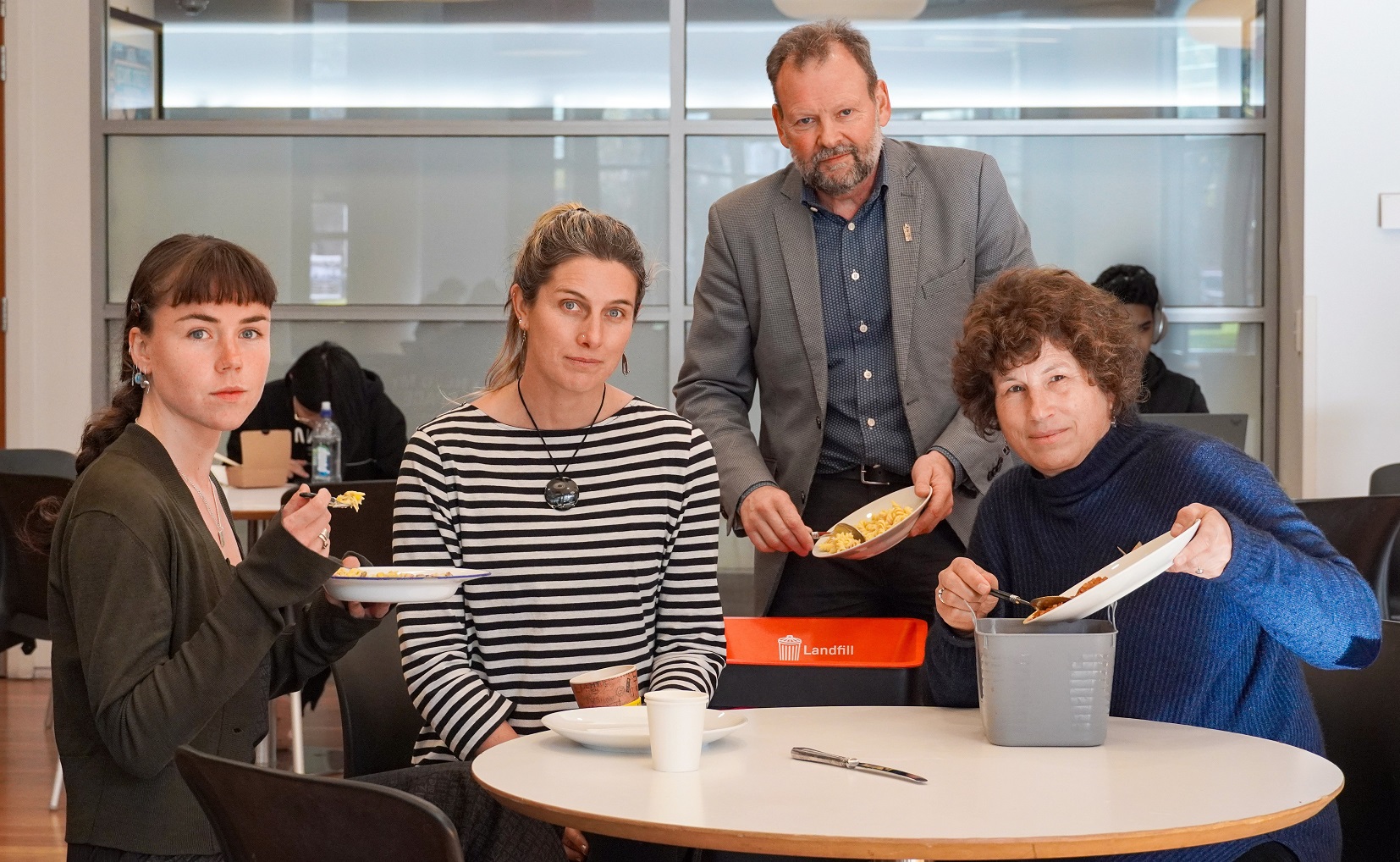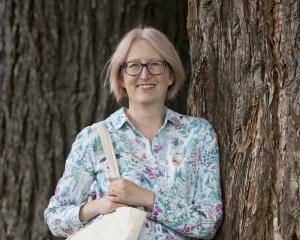
Now, University of Otago researchers have been contracted by the Government to estimate how much of our food is failing to reach dinner tables in New Zealand.
The national food waste audit is in response to the a select committee investigation into food waste in 2020.
Food Waste Innovation Otago has been awarded the contract, and research lead and human nutrition professor Sheila Skeaff will be working with the group to measure the loss and waste of all imported or domestically produced food and drink throughout the food supply chain.
She said foods produced in New Zealand included plants, animals, aquaculture and fisheries, which would be measured from ready for harvest.
"It includes food waste happening in processing or manufacturing, at the wholesale, retail and redistribution stages, and food wasted at home or out-of-home during preparation and consumption."
She said the group was also interested in finding out where food waste ended up.
"Is it for example being composted, processed into another food, used for animal feed, entering landfill or used to produce energy?"
To find out, researchers would be approaching farmers, producers, food distributors, retailers, industry owners, food service providers and hospitality businesses, to obtain data many already produce.
The United Nations estimates 13.3% of the world’s food is lost after harvesting and before reaching retail markets.
Food that is lost and wasted accounts for 38% of the total energy used in the global food system.
The UN has set 17 sustainable development goals for its member states, including to ensure sustainable consumption and production patterns.
Under this goal, member states aim to halve per capita global food waste at the retail and consumer levels, and reduce food losses along production and supply chains, including post-harvest losses, by 2030.
Food waste had negative environmental, social and economic impacts through wasting of resources, greenhouse gas emissions, missed opportunities to achieve food security and the economic cost to producers, retailers and consumers.
Food Waste Innovation Otago’s project aimed to understand these losses and reduce them in the future, Prof Skeaff said.











